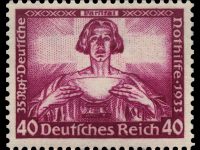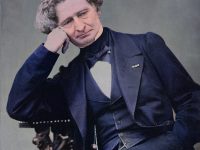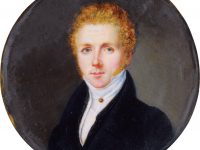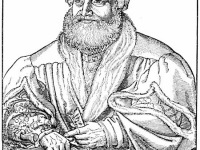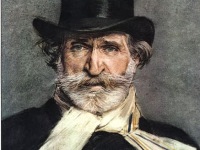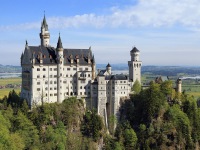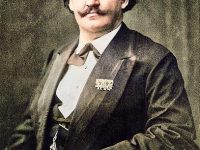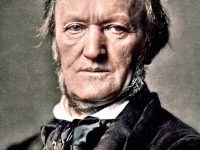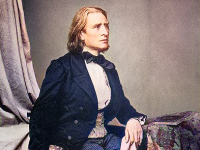Parsifal – Richard Wagner’s Last Opera
On July 26, 1882, Richard Wagner‘s last opera ‘Parsifal‘ premiered in the Festspielhaus at Bayreuth. Wagner described Parsifal not as an opera, but as “ein Bühnenweihfestspiel” (“A Festival Play for the Consecration of the Stage“). Initially, according to Wagner‘s will, Parsifal should only be allowed to be played at Bayreuth, because he wanted to prevent it from degenerating into ‘mere amusement‘ for an opera-going public. Wagner‘s compositions, particularly those of his later…
Read more

